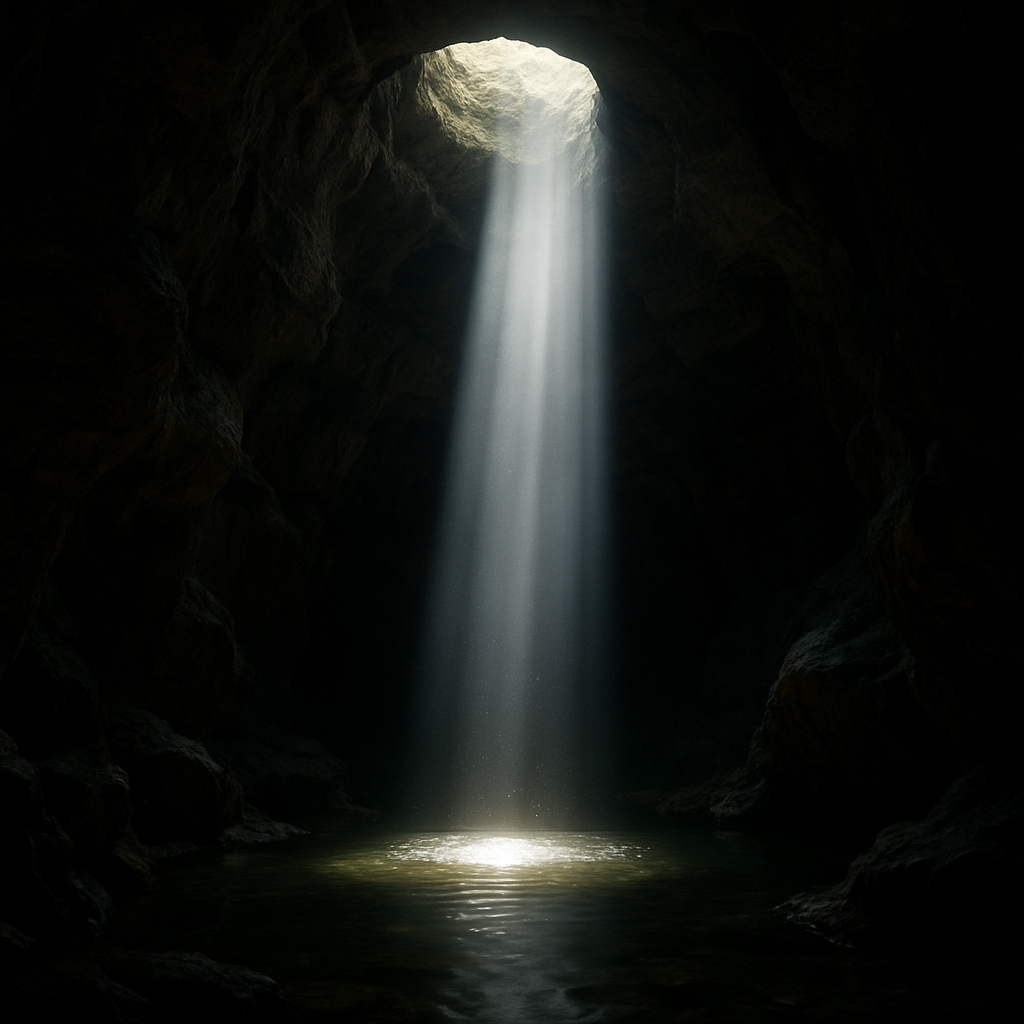We are all probably familiar with the maxim, "The only thing necessary for the triumph of evil is for good men to do nothing."
I do believe that the evil in the world is often the good left undone. This is of our own doing, of course. We should never blame some twisted serpent tempting us to do what we know is wrong or don't do what we know is right. We do know the difference between good and evil, we just continually seek to be that sole arbiter and source of truth. Thus we continue to have the moral relativistic mess we live in. Again, all of this is of our own doing and will be our undoing, if we do not accept the truth of who God created us to become.
There are too many sins of commission to list in the history of us. We can confess away our sins of the past. Yet if we remain repeat offenders, then we ought not be surprised by our culture--a culture of consumption instead of generosity, a culture of me instead of we, a culture of death instead of life.
But what of those sins we ignore or deny? What of our sins of omission and of the good left undone?
In the Episcopal Church, there is a beautiful line in their Prayer of Confession:
"Most merciful God,
we confess that we have sinned against you
in thought, word, and deed,
by what we have done,
and by what we have left undone.
We have not loved you with our whole heart;
we have not loved our neighbors as ourselves.
We are truly sorry and we humbly repent.
For the sake of your Son Jesus Christ,
have mercy on us and forgive us;
that we may delight in your will,
and walk in your ways,
to the glory of your Name. Amen."
"By what we have done, and by what we have left undone" echoes its inherited Catholic teaching on the sins of commission and the sins of omission. Yet I wonder how many Catholics, Anglicans, and Episcopalians, let alone other Christians, give serious attention to the good we leave undone.
In my line of work, we are highly sensitive to parental fatigue, especially the anxiety from all of the decisions parents face. We tell ourselves, How can we handle any more, let alone all the good left undone? There is just too much, right?
Wrong. The more we allow good to be undone, the more troubling decisions we will continue to face, and the more anxiety, stress, and fatigue awaits us in our future. This is not about making more decisions. This is about always making the right decisions when the good is before us. The good begs of us not to be left undone. We know this to be true because God gave even those who do not believe, a conscience and free will. The good is always there to be done.
This will not be easy. Life is difficult. Whoever told you otherwise, lied or left that good truth untold. You are likely to be persecuted at some point or feel the weight of your cross as a result of repeatedly doing the good. That burden you feel is the good waiting to be done.
Pope Benedict XVI reminds us, "Man was created for greatness—for God himself; he was created to be filled by God. But his heart is too small for the greatness to which it is destined. It must be stretched" (Spe salvi 33). The Pope continues to teach about God increasing our desire to receive God. The Pope is teaching us that grace is necessary, that is, God's presence in our lives is required to do good in this world, and prayer is a primary means to purify and prepare our hearts to stretch and be filled by He who frees us from the "illusion of innocence" and from the "numbness of my conscience."
Prayer enables us to be "ministers of hope" in which we witness to the world the goodness of God, despite the evil, sin, and pain that clearly exists. We leave the good left undone because we believe our hearts are full, which is a lie we tell ourselves to excuse us from the good left undone. Our hearts are never full because God created us to be filled, to be ever filled by His grace, which is boundless.
God created you and I preciously, that is, precisely for His grace. Only by our cooperation with God will the good be done. That is why we pray, "Thy will be done." We pray for God's will be done through us. We pray to stretch our hearts so that no good is left undone.
Encourage one another to always becoming ministers of hope, the hope that comes from believing. We are called in faith to trust that our hearts continue to be stretched. To believe that we continue to be filled with the everlasting love of God so that good always be done, according to His will.
Our Lady of Untier of Knots, pray for us.






